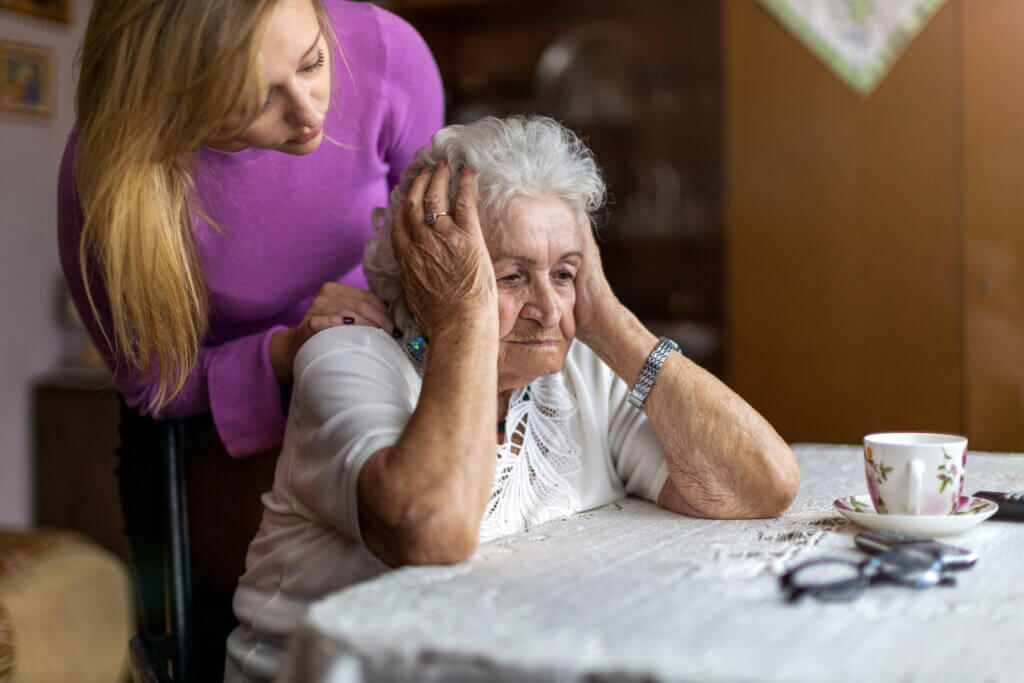June 26, 2025

Nursing home abuse is a pressing issue in Illinois, where a growing senior population relies on long-term care facilities for safety and support. When abuse or neglect occurs, families deserve answers and justice. This guide by Paul Padda Law outlines how to recognize, prove, and address nursing home abuse under Illinois law, empowering you to protect your loved ones and hold negligent facilities accountable all within a concise, actionable framework.
What is Nursing Home Abuse in Illinois?
Nursing home abuse encompasses various forms of harm. Understanding what is covered under Illinois law is one of the keys to protecting those you love.
- Physical Abuse: Intentional acts causing injury, such as hitting or improper restraint.
- Emotional Abuse: Actions that lead to mental distress.
- Sexual Abuse: Any sexual exploitation, including sexual contact that is non-consensual.
- Neglect: Failure to provide essential care, like food, hygiene, or medical attention.
- Financial Exploitation: Unauthorized use of a resident’s money or assets.
The Illinois Nursing Home Care Act (210 ILCS 45/) is a legal statute that helps guarantee residents’ rights and defines the process for holding facilities accountable for violations. This law is the building block for any legal claims if abuse occurs.
Signs of Nursing Home Abuse
Discovering abuse early makes a difference and can ensure your loved ones avoid further suffering. Watch for these red flags:
- Recurring infections or unaddressed medical problems.
- Unsanitary living spaces.
- Missing personal items or suspicious bank account activity.
Each one can signal neglect or abuse.
Your Legal Rights Under Illinois Law
The state of Illinois guarantees significant protection for nursing home residents and their families. Under the Illinois Nursing Home Care Act, you are entitled to:
- Sue Negligent Facilities: Residents can file lawsuits directly against facilities or staff.
- Recover Attorney’s Fees: Successful cases may require the facility to pay your legal costs.
- Seek Punitive Damages: In cases of intentional harm, extra damages may punish and deter wrongdoing.
However, time is critical. Illinois law gives you two years from discovering the abuse (or when it should have been discovered) to file a claim, known as the statute of limitations. Acting quickly can preserve your rights.
How to Prove Nursing Home Abuse in Illinois
Proving abuse requires demonstrating four legal elements:
- Duty of Care: The facility ensured the resident’s well-being.
- Breach of Duty: The failure of an elder care facility to recognize or stop abuse through either action or inaction.
- Causation: A failure that directly caused harm to the resident.
- Damages: The resident suffers from physical, emotional, or financial losses.
Gathering Evidence
The more proof of abuse, the stronger your case is. This includes collecting evidence such as:
- Medical Records: Show injuries or health decline linked to neglect.
- Photographs: Capture visible injuries or unsafe conditions.
- Witness Statements: Testimonies from staff, residents, or visitors.
- Expert Testimony: Medical or care experts explaining how standards were breached.
- Facility Documents: Staffing records or incident reports revealing patterns of neglect.
For financial exploitation, bank statements or transaction records are vital. An experienced elder abuse lawyer in Illinois can help collect and present this evidence effectively.
Steps to Take if You Suspect Abuse
If you believe abuse is taking place, here are the steps you can take:
- Document Everything: Note dates, injuries, and interactions with staff.
- Report the Abuse: Notify the Illinois Department of Public Health (IDPH) at 1-800-252-4343 and, if a crime is suspected, local police.
- Seek Medical Care: Ensure the resident receives immediate attention and document findings.
- Consult an Attorney: Contact an Illinois nursing home abuse lawyer to evaluate your case and guide you through the legal process.
Quick action strengthens your case and protects the victim from further harm.
Why Hire an Illinois Elder Abuse Lawyer?
Navigating nursing home abuse cases can be complex, involving medical details, state laws, and tight deadlines. An experienced attorney offers:
- Expertise in the Illinois Nursing Home Care Act.
- Access to investigators and medical experts.
- Contingency-based representation. That means you only pay if you win.
Our firm of Illinois elder care attorneys provides free consultations to discuss your situation and options.
Conclusion: Taking Action Against Nursing Home Abuse
Nursing home abuse in Illinois is among the worst cases of broken trust, but you have options. Taking action is your first step towards justice. By recognizing the signs of abuse, understanding your rights under the Illinois Nursing Home Care Act, and then collecting evidence, you are on your way to a fair and just outcome for your loved one.
You aren’t alone in your pursuit of justice. If you suspect or are aware of abuse, reach out to our expert team of elder care lawyers for a free consultation today.
About The Author: Paul Padda is the managing attorney of Paul Padda Law, a premiere personal injury law firm with offices in Las Vegas and Chicago. If you’ve been injured due to the negligence of another, get in touch with us today and get the help you deserve.

